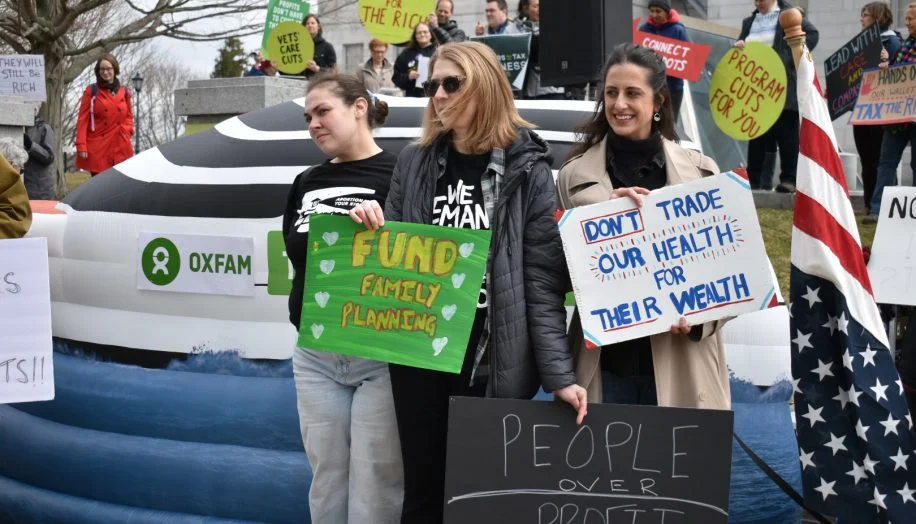
Could California’s Health Care Dream Turn into a Nightmare?
In a move that's raising eyebrows across the Golden State, California Governor Gavin Newsom's latest budget proposal threatens to reshape the landscape of public health care. With a projected $12 billion deficit looming, Newsom's plan to reallocate funds from voter-approved measures is sparking fierce backlash from advocates and providers alike. This controversy highlights the delicate balance between fiscal responsibility and safeguarding essential services for millions of low-income Californians.
At the heart of the issue is Proposition 35, a 2023 ballot initiative that aimed to boost payments to doctors treating Medi-Cal patients. Newsom wants to divert $1.6 billion from this fund to cover general health costs, a decision critics argue undermines voter intent. Similarly, his proposal includes cutting $500 million from Proposition 56 tobacco tax revenues, which support family planning and women's health services. Planned Parenthood, a key player in reproductive care, warns that these cuts could slash a third of its budget, leading to longer wait times and reduced access for low-income patients. As Jodi Hicks, CEO of Planned Parenthood Affiliates of California, stated, "This crushing proposal would immensely harm patients in California."

The ripple effects extend beyond reproductive health. Skilled nursing facilities, which serve over 1,200 locations statewide, face potential cuts exceeding $300 million in Medi-Cal funding. Yvonne Choong of the California Association of Health Facilities described the impact as "detrimental," potentially forcing closures and reducing care for the elderly and disabled. This proposal echoes past maneuvers, like those under former Governor Jerry Brown, and comes amid federal threats to Medicaid, amplifying the stakes. Newsom defends the moves as necessary to address soaring Medi-Cal costs, which have doubled since 2017 to $76.8 billion, but opponents like Dr. Shannon Udovic-Constant of the California Medical Association call it a "direct violation" of voter mandates.
Comparatively, these cuts could exacerbate inequalities, especially for marginalized groups relying on Medi-Cal for primary, specialty, and emergency care. While Newsom's administration claims the reallocations align with legal requirements and won't replace general funds, critics counter that they fail to address root issues like provider underpayment. As budget negotiations heat up in the Legislature, Democratic lawmakers, including Assembly Health Committee Chair Mia Bonta, are pushing back, emphasizing that California can't afford to balance its books on the backs of vulnerable residents.
In summary, Newsom's budget revisions underscore a critical dilemma: how to maintain California's health care safety net amid economic pressures. If implemented, these changes could weaken access to vital services, leaving lasting impacts on communities. What do you think—should fiscal needs override dedicated health funds? We invite readers to share their views in the comments below and spread the word to spark broader discussion.